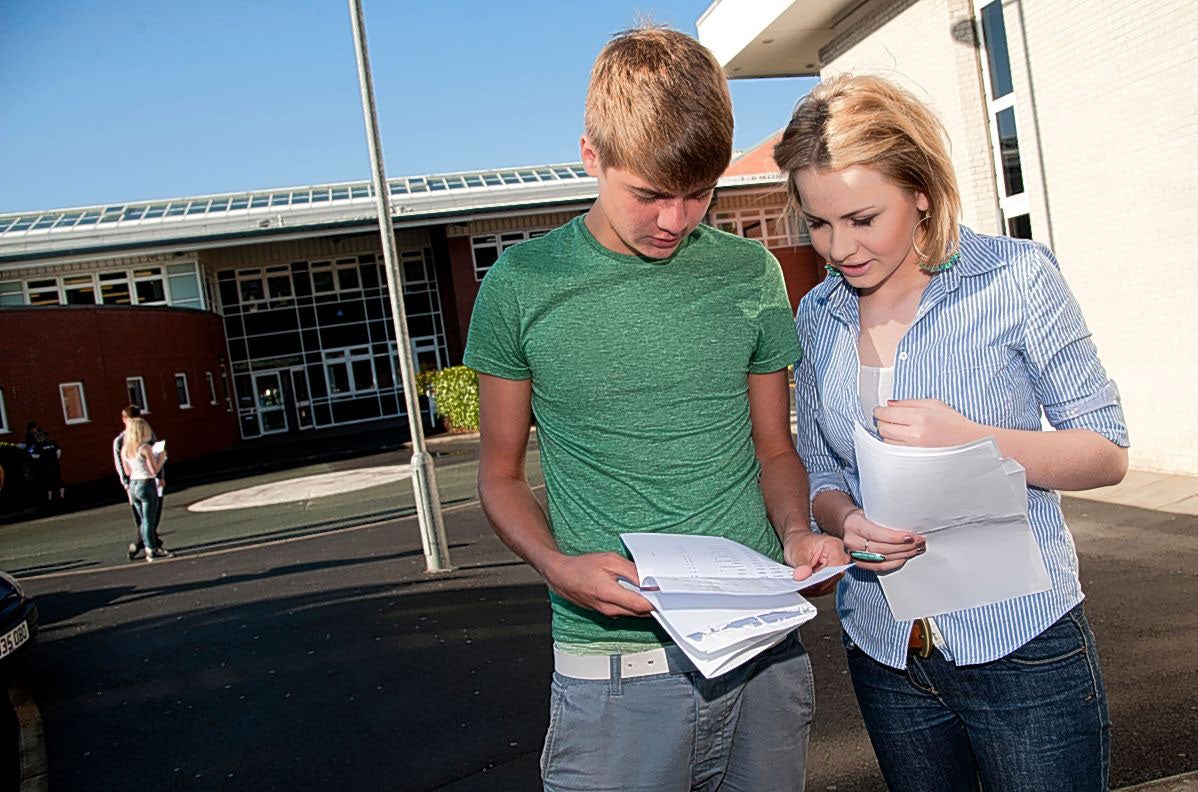Unsure which road to take after GCSEs?
Russ Thorne takes a closer look at the further education choices available

If you’re contemplating the end of your GCSE journey, the road beyond is far from fixed. Starting work is one route, or there’s further study. But if you want to stay in education, A-levels aren’t the only option available to you, and a little research can even open the door to opportunities and experiences you weren’t expecting.
Some experiences could even challenge the way you think about the world. “I walked out of my first theory of knowledge class completely dumbfounded,” says Miebaka Anga, 19, studying at UWC Atlantic College, “wondering why I hadn’t thought of certain questions my teacher threw at us before.”
Theory of knowledge (TOK) is one of the cornerstones of the international baccalaureate (IB) diploma (ibo.org), posing questions such as “what is knowledge?” The IB takes a broad approach: students follow six subjects (including modern languages, maths and humanities) as well as doing community work.
The IB comes with a heavy workload and can be challenging, but it’s well-regarded globally and can be a good primer for university and work. “The IB prepared me well for university,” says IB alumnus Charlotte Philpotts, a PR executive with a degree in philosophy from the University of Warwick. “You do a lot of your own research and further reading, which is integral to getting a good degree.”
Elements such as TOK have stayed with her: “It’s been so useful in both my degree and in my working life, as it teaches you to think in a reasoned and logical way, which is a priceless tool for problem solving.”
Away from the IB, the opportunities offered by vocational routes – which offer subjects from photography to pole fitness and A-level equivalent qualifications – can include the added bonus of never looking at an exam paper again. “I chose to do a BTEC because of the way it’s taught and assessed,” says Elizabeth Akindutire, taking a Level 3 (equivalent to A-level) BTEC in health and social care at Croydon College. “I prefer coursework to exams.”
The different approach to teaching also means not spending the whole time in class. Elizabeth’s first year included 100 hours of work placements, for example.
If your career is on your mind, an apprenticeship (apprenticeships.org.uk) might also appeal – apprentices work for an employer as well as studying for formal qualifications at college, learning and earning at the same time. Depending on your interests, there are further options to explore in the form of University Technical Colleges (utcolleges.org), which focus on disciplines such as engineering and construction, or specialist creative arts colleges, such as Croydon’s BRIT School.
Traditional A-levels simply aren’t for everyone, believes Diane Henderson, assistant vice-principal for post-16 at Marine Academy Plymouth, but Level 3 vocational options open up a range of possibilities. “They enable students to progress to HE and on to very fulfilling futures with lots of choice,” she says.
Whether your goal is a vocational qualification, an IB, university or a different higher education option (such as a higher apprenticeship), there will be a path that offers the right opportunities for you. Some things may be set in stone, but where you go after your GCSEs is up to you.
Case study: ‘I would recommend this life to other girls’
Olivia Richards Smith, 18, is on a marine engineering apprenticeship at Bournemouth and Poole College and is the only female apprentice on the course.
“Girls my age should seriously think about a career in engineering,” Olivia says. “The image of grease and grime is still there, as is the idea that physical strength is needed, but it isn’t quite like that.
“Where strength is needed there’s always a solution, and I find that I’m perhaps a moderating influence on my male colleagues.
“I would recommend this life to other girls. I’m really enjoying the experience. I’m the only female, but it doesn’t bother me one bit.”
Join our commenting forum
Join thought-provoking conversations, follow other Independent readers and see their replies
Comments
Bookmark popover
Removed from bookmarks